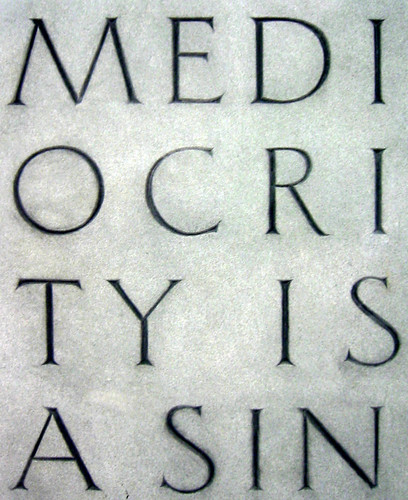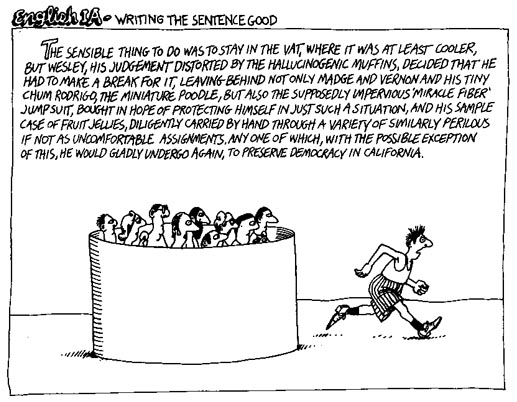Or
OLD COMMUNISM IS DEAD. IS THERE HOPE NOW FOR NEPAL? (written last summer)

Most of you are aware about two profound events that have occurred here in Nepal in the recent years – the royal massacre and the Maoist conflict- a conflict which has changed Nepal from being a very peaceful country to one of marked conflict- more so in some parts of the country than others.
Last year in June, for the first time in the country’s history, formal meetings took place in Kathmandu between Maoist leader Prachandra and Prime Minsteer Girija. King Gyanendra’s role was effectively reduced to a ceremonial one and an interim government was set up to include Maoists as an 8th party. Under this agreement, the Maoists agreed to dismantle their “People’s government”. Between them, they drew up plans for elections to a constituent assembly that aims to decide the country’s future – the elections were meant to occur on 20th June this year but have now been postponed until (tentatively) November.
The question remains whether this move to include the Maoists as an official party is the beginning of the end of Nepal’s decade-long violent insurgency, which has killed up to 13,000 people. The Maoists (the ultra-leftist Communist Party of Nepal-Maoist) first launched their “People’s war” in the hills of Mid-Western Nepal in February 1996, very near to where we are working with BASE, CES and Abhilasha. The conflict has intensified over the last five years during which the Maoists, who are fighting for a socialist Nepal, have twice pulled out of peace talks. On many levels this, coupled with the performance of previously elected governments, offers little real hope about what is to come. However, there is one striking difference: in the run up to King Gyanendra’s capitulation on April 24th 2006, as well as since then, protests and demonstrations by ordinary Nepalis, especially the youth, demonstrate a brand new, and extremely powerful form of pressure from the people for peace and change. The masses, who have since then taken to the streets on a regular basis, are fighting for democracy as well as an end to the abject poverty that affects the vast majority of the country- a country that is acknowledged as being the poorest country in the world outside of Africa.
To put things in perspective, the Maoists are in control of most of rural Nepal and when out West in the field, we are often stopped by Maoist youth who have set up informal road blocks and seek to demonstrate their power at all times. It is thought that the movement’s “core” consists of up to 15,000 well-trained rebel fighters with approximately 50,000 “militia” fighting alongside them. They have frequently bombed government related buildings and enforced blockades of major towns, showing that they have the strength and power to paralyze the economy. The Asian Development Bank has estimated that economic growth slowed to an average of 1.9% over the FY2002-4 period compared with 4.9% in the decade preceding that. Some of this can be attributed to the Maoists. Physical infrastructure has been destroyed, 400,000 rural families have been internally displaced, thousands have fled to India and development expenditures, which Nepal heavily depends on, have declined sharply even though this is now changing again. The slow down in development aid is particularly crucial to Nepal since the country remains one of the poorest in the world with a per capita income GNI of $260 per annum (compare that to a per capita GNI of apprx $3500 in the US- World Bank stats from 2002). Many suffer from poor access to basic social services, especially in rural areas.
It is the rural families who are therefore most affected by the conflict, as I have described in my emails, yet at the same time they are the most removed from the decision making process. Most have heard through radio and word of mouth that the situation has recently improved, yet formerly vibrant villages and towns are now completely inactive at dusk, and there are regular demonstrations and “bandhs” (strikes). Many have been forced into joining the rebels and others do not know what the Maoists are fighting for or why their families were targeted victims.
The protests and strikes last year that culminated in King Gyanendra stepping down and the formation of an interim government did show “people power” but leaders must now include these ordinary people in policies at a national and local level for the situation to really improve. With a ceasefire still (largely) in place and elections (probably) happening in November, both the Nepali people and the international community do have reason for some optimism-- but is this real democracy when the majority of people, the rural poor, remain the least politically engaged and the most affected by the decade long conflict?
The elections are certainly something to watch, if and when they happen, and it will be interesting to see what happens when the Maoists, as the 8th party, are incorporated into the formal system of political power.
One striking element is the Maoists attitude towards the Americans which well- informed locals often impress on me - something which has been impressed upon us as interns this summer, as three of us are American. The Maoists are not out to target or injure foreigners – they know too well that much of the country’s income relies heavily on tourism. However, they also believe that the American government funds the Nepali government and army- a fact that is not helped by the American Embassy referring to them as “terrorists.” The Maoists genuinely believe they are fighting for a socialist Nepal – if the army use force against them, they will certainly retaliate with force.
**NB: My sources for this piece, stats and all, are: my well-informed (&surreptitious) bosses, as well as the DFID Nepal Website (plethora of interesting info tidbits there for you adventurous types to check out: http://www.dfid.gov.uk/countries/asia/nepal.asp).





